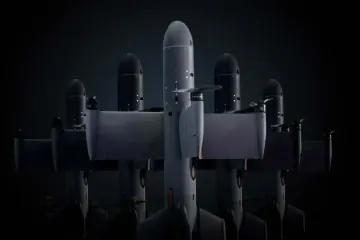- Category
- Opinion
Eighty Years Ago I Fought Fascism, Today I Hear the Air Raid Sirens Again
He faced Nazi Germany at 15. Now, at 98, Volodymyr Overko watches Russia’s war unfold, where the memory of a shared victory is invoked, and distorted, to justify new aggression. In this rare firsthand account, a Ukrainian WWII veteran reflects on a life shaped by war, reminding that the defeat of fascism was a collective sacrifice, not a legacy any one nation can claim as its own.
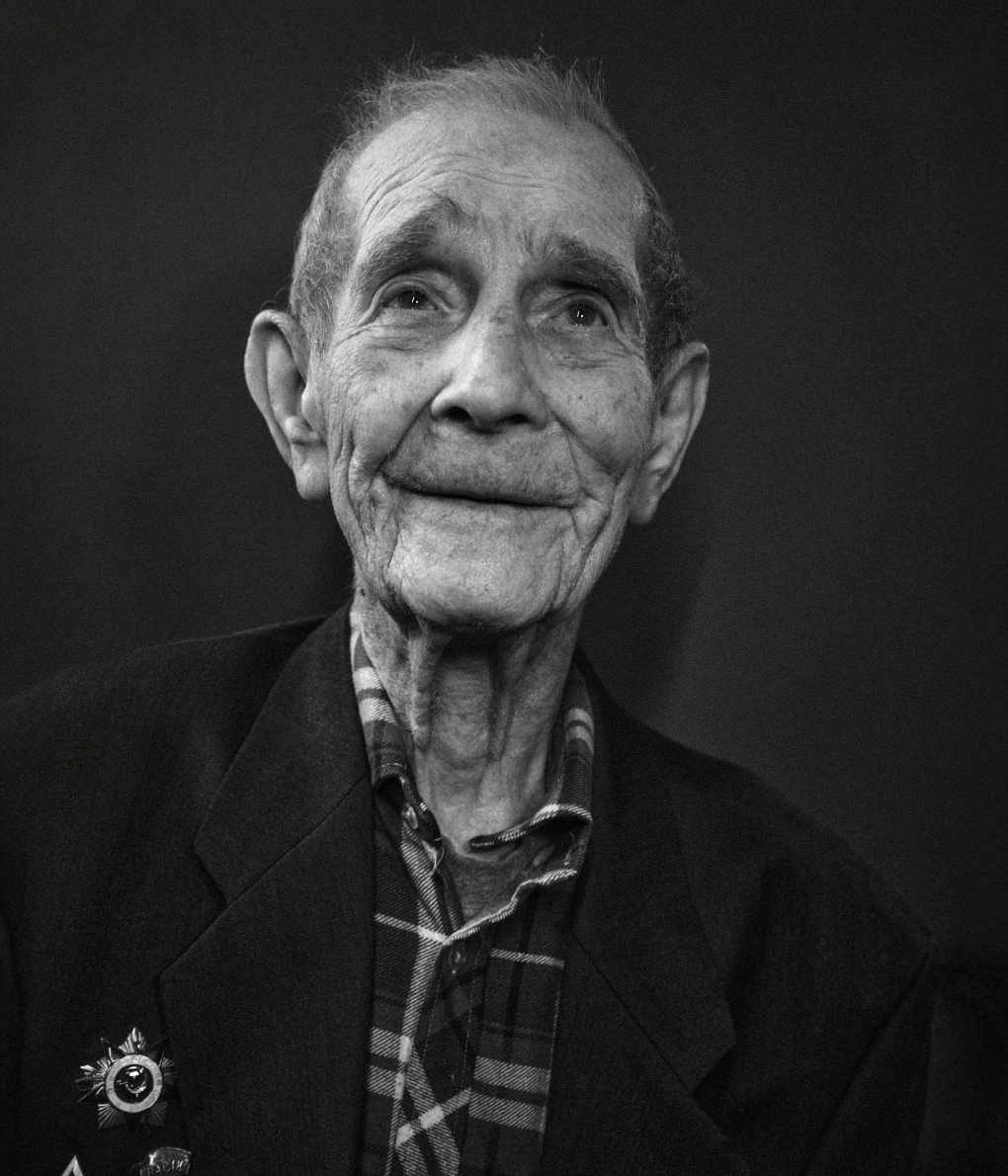
I ended up in the war twice. The first time was June 22, 1941, the day Hitler invaded. It was a Sunday. The next day, my friends and I ran to the military enlistment office. I was 15, but I lied and said I was older. They refused to send me to the front, but just then they were forming these so-called “destruction battalions.” Our job was to search for German paratroopers who were supposedly planning to drop down right onto the heads of Kyiv’s residents. The truth is, for some reason, the Germans weren’t in much of a rush to jump on us. They figured it would be easier to take Kyiv slowly.
Mostly, we did night shifts. When an air raid siren went off, we’d climb up onto rooftops where there were gloves, pliers, and boxes of sand. The city was bombarded with incendiary bombs—small ones that hissed and spat sparks. Our job was to extinguish them.
I listened to the air raid sirens back then, and I still listen to them now.
World War II veteran
Now I’ve got 80 years of experience with air raid sirens. I don’t pay them any mind anymore. I believe a person’s fate is written ahead of time, and there’s no escaping it. If fate decides that a bomb is going to kill you, no shelter’s going to save you.
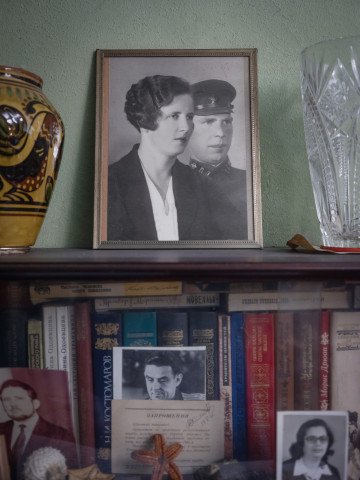
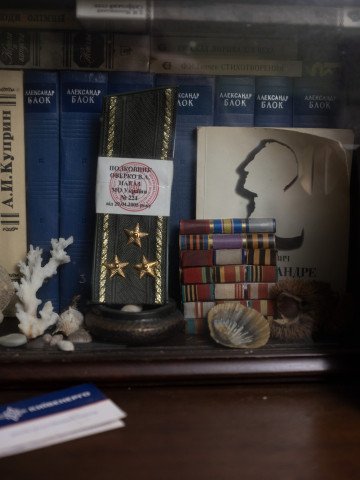
When the Nazis entered the city, the first thing I noticed was a foreign scent. You see, their gasoline had a slightly different, strange odor. You could literally smell the occupation of Kyiv.
The Germans immediately set up propaganda trucks on the main street. Instead of broadcasting their own propaganda, they aired a radio transmission from Moscow, no less—saying that Kyiv was, is, and will remain Soviet. That kind of propaganda… it’s very similar to what Russia’s doing now. While the people of Kyiv could see the Germans in the streets, the Soviet authorities continued to claim that the city had not been captured.
Later, I saw prisoners being marched through the city. Scared, poor souls—several Soviet armies had just been crushed outside Kyiv.
My uncle was captured too. The Germans made him dig trenches near Moscow. But eventually, they must have had no more use for him, because they simply told him: Go home. During the occupation, we hid together. If there was a risk the Germans might catch us, we’d flee to villages outside Kyiv to wait it out.
After Kyiv was liberated, I enrolled in a water transport technical school. Normally, students at such institutions were exempt from mobilization. But all my friends had gone off to fight. Not a single one stayed behind. So at the very start of 1944, I went to the enlistment office again—and I was sent to war for the second time. I served as a communications specialist.
I have a medal for a wound I received—though luckily, it wasn’t serious. I even tried to hide it, because I didn’t want to be sent to a hospital. After hospitalization, you could be reassigned to a different unit. But I liked the comrades I was serving with.
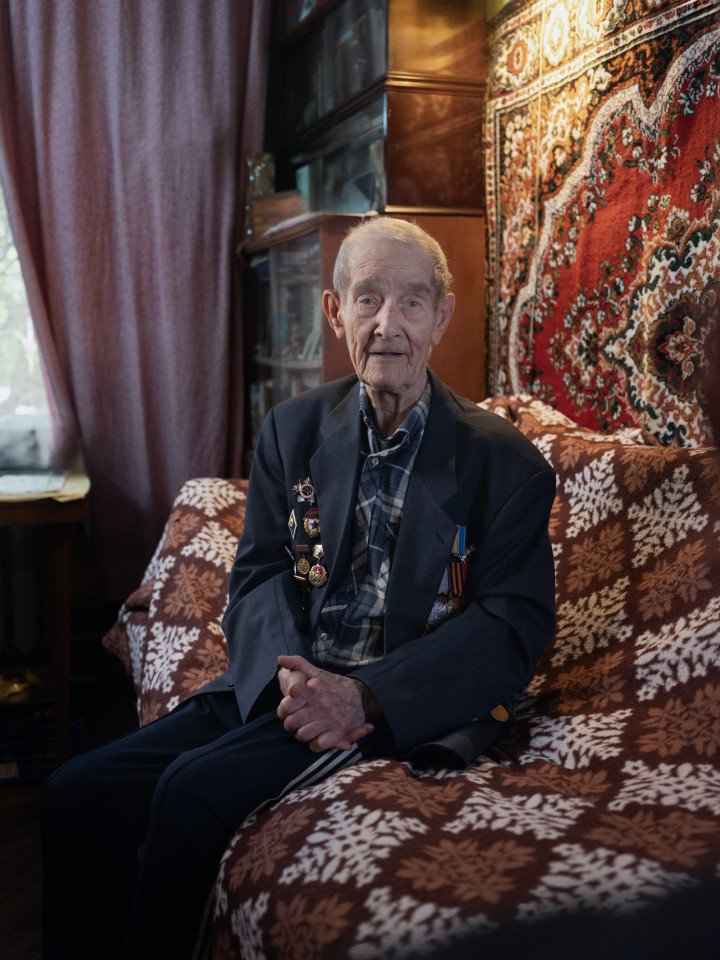
We see now how propaganda influences the Russians. The same thing happened with the Germans back then. Hitler came to power in 1933, and just six years later, Germany was at war with half of Europe. And these were the Germans—an educated people. But even they got deceived, and so quickly, and so thoroughly.
I can’t imagine shooting at people I once fought shoulder to shoulder with. But that’s exactly what Russians are doing now.
World War II veteran
In the war, I sat in trenches alongside Russians. I drank with them. And now those parasites are attacking us. But you know what? I served with a guy from Siberia who saw a steam engine for the first time only at the front lines. Can you imagine? He’d spent his whole life in the taiga, hunting with a rifle, knowing nothing, seeing nothing. Ignorant people.
Putin is a classic Chekist . After the collapse of the USSR, they went quiet, scattered. But then they took power again. Can someone who was trained to lie and manipulate ever be a good leader?
We thought World War II would be humanity’s last war. It was so terrifying, it touched so many lives. We dreamed that no more friends would die, that our women wouldn’t have to live without our help anymore. But it seems humanity learns nothing. War is horrible. It is a catastrophe—not just for an individual, but for an entire nation.
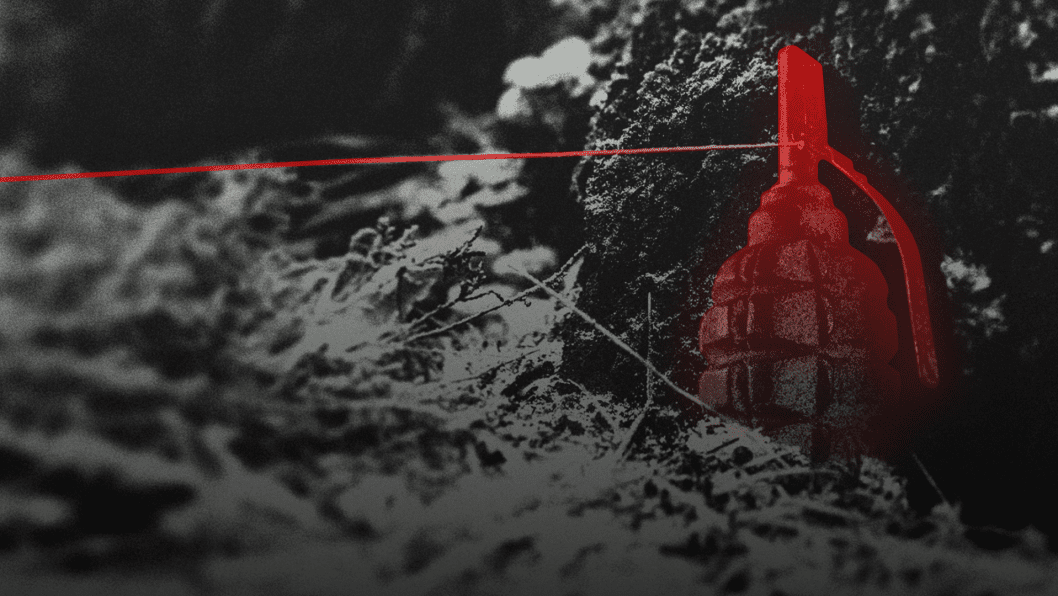
-afd4861fbf2cd711f9d3342270e8829b.jpg)
-2c683d1619a06f3b17d6ca7dd11ad5a1.jpg)

-da3d9b88efb4b978fa15568884ef067f.jpg)
-73e9c0fd8873a094288a7552f3ac2ab4.jpg)
-f3bede69822b36ac993a6cd5b65014f9.png)

